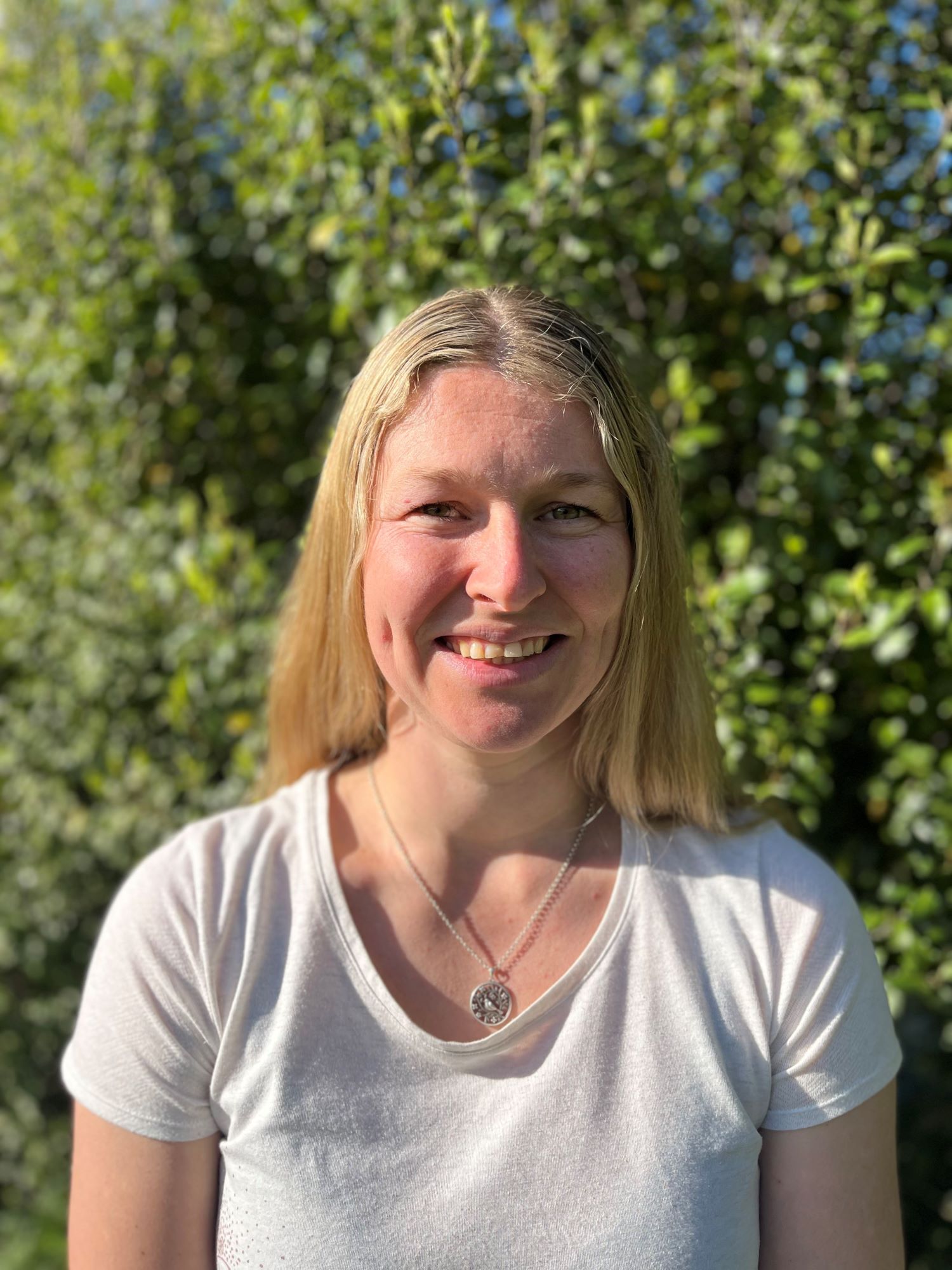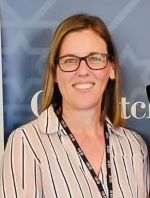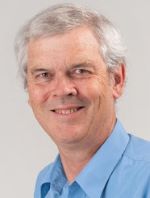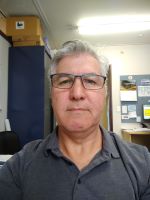Acute osteoarticular infections (OAI) pose a significant threat to Australasian children with reported infections rates higher than in other OECD countries. Improved culture techniques and sensitive nucleic acid amplification assays have resulted in recognizing Kingella kingae as the leading cause in young children. Early identification of the disease-causing pathogen improves patient prognosis and reduces treatment duration and the possibility of long term sequalae. About 1/3 of cases have no microbiological diagnosis with current gold standard polymerase chain reaction (PCR) and culture. Blood cultures are routinely performed but less sensitive compared to culture from joint aspirates, however these are not routinely carried out due to their invasiveness.
Our group are developing a liquid biopsy assay to detect K. kingae cell-free DNA (cfDNA) in a patient’s blood and urine. Pathogenic cfDNA can be concentrated from urine using K. kingae specific probes coupled to magnetic beads. The captured cfDNA can then be amplified and quantified with real-time PCR. This novel diagnostic assay can be routinely implemented leading to more targeted antibiotic treatment for OAI patients. It also has the potential to be a foundation for the detection of other infectious diseases, following development of specific primers and probes for different pathogenic microorganisms.






